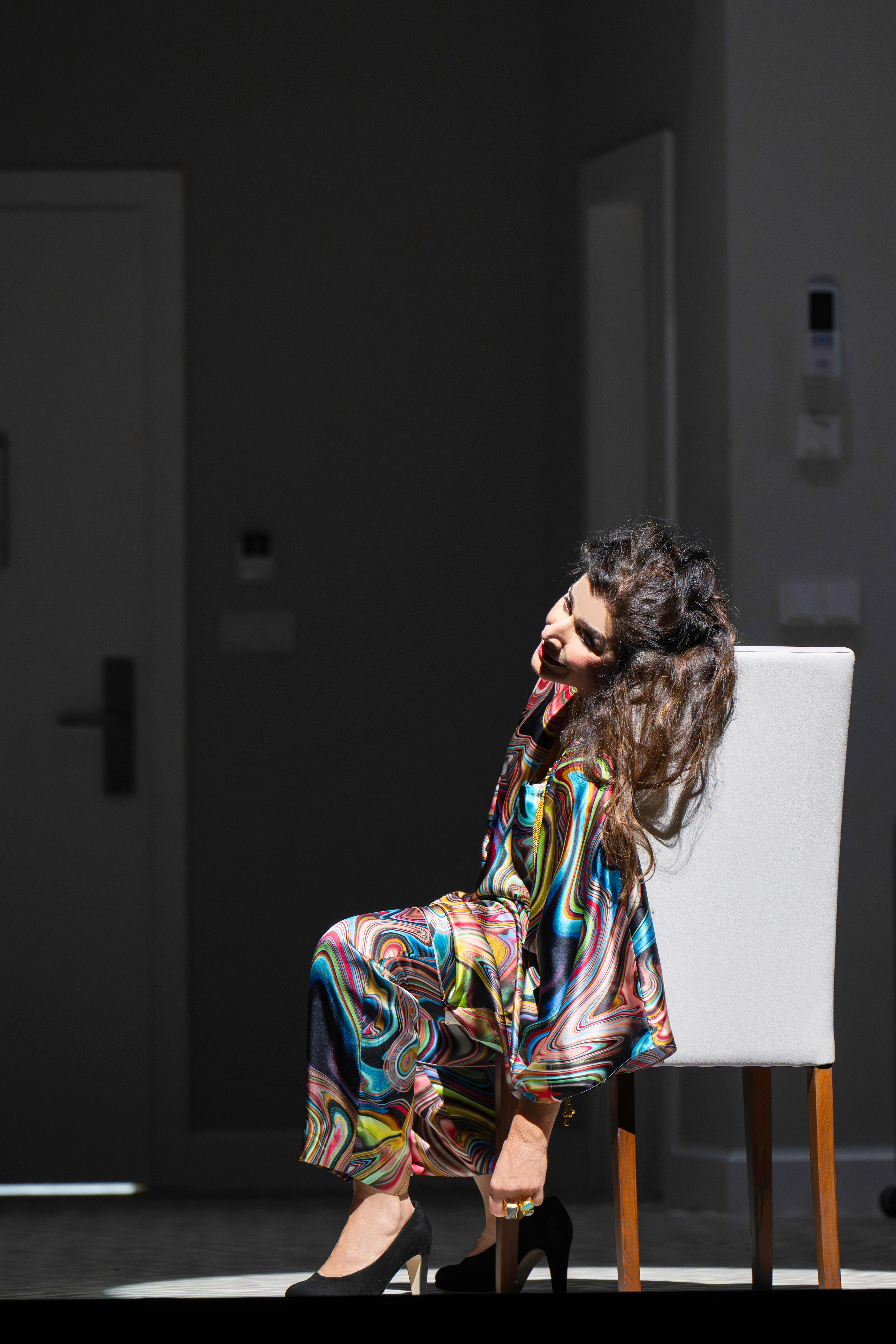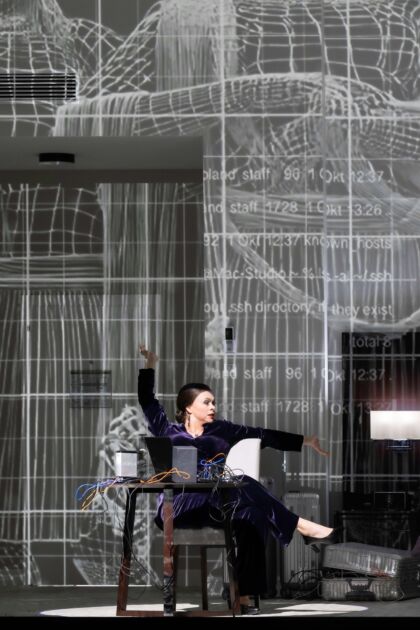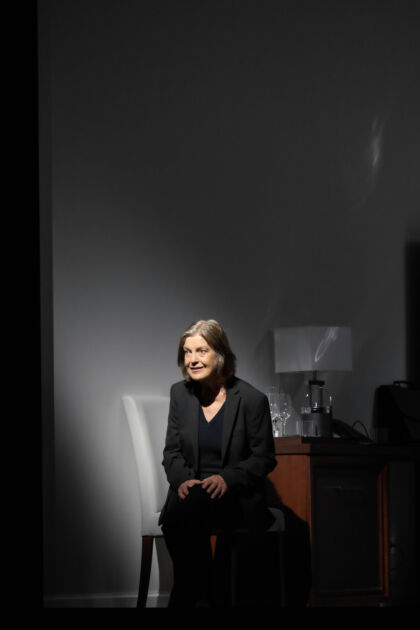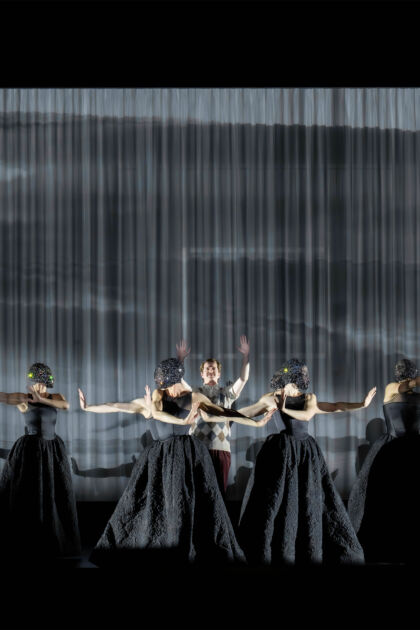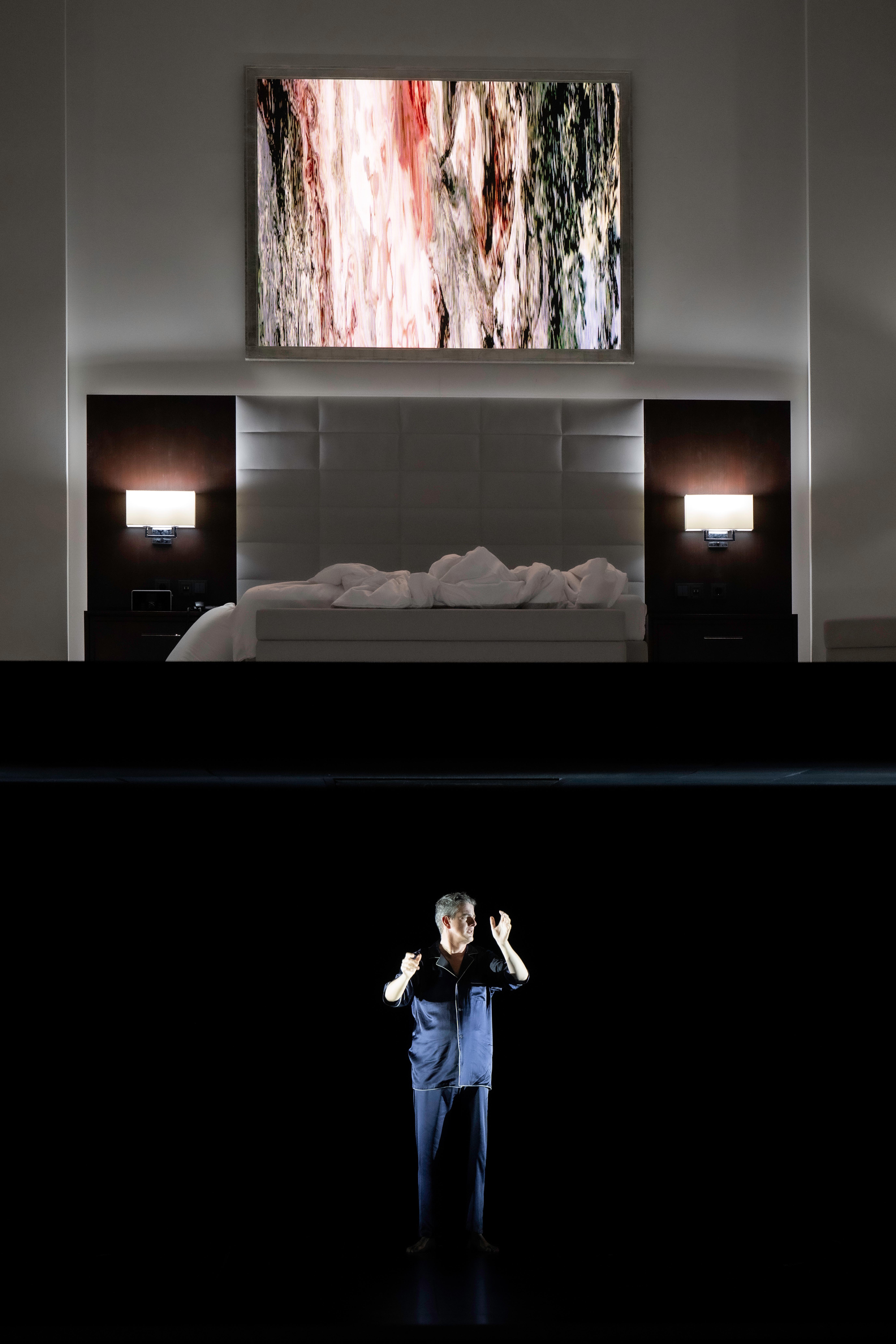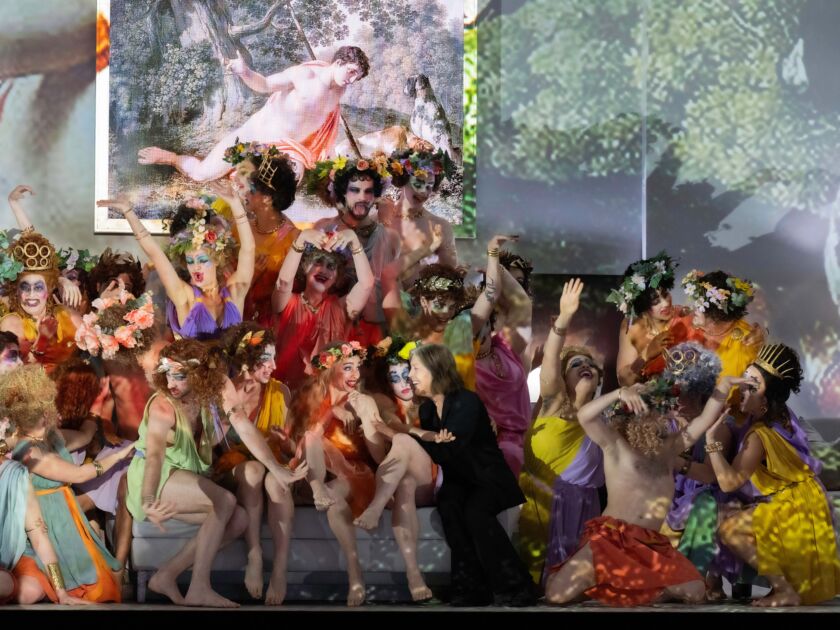HOTEL METAMORPHOSIS
A young woman who desires her own father and is transformed into a tree. A young man so much in love with himself that he fails to notice the advances of a nymph, who ends up existing solely as a voice. A goddess who transforms her rival, a flawless weaver, into a spider. A man who makes a statue of his perfect woman, which then comes to life. A legendary singer whose beloved awaits his return in the Underworld.
For over two thousand years, Ovid’s Metamorphoses have left a lasting mark on our culture and provided an inexhaustible source of inspiration for countless artistic adaptations. Like the figures in the individual stories, the stories transform themselves, continuing to fascinate us to this day with their rich imagination, monstrosity and breathless narratives. While the boundaries blur between humankind and nature, gods and animals, these astonishing episodes nonetheless arise from human perception in a state that veers between dream, reality, nightmare and hallucination — incredible and grotesque imaginings that overcome people in unfamiliar surroundings and mysterious places.
In the first two centuries of the burgeoning genre of opera, especially, Ovid’s cosmos and many other topics from antiquity provided the sources for an inestimable wealth of music. Breathtakingly virtuoso and grippingly emotional, this new art form also revealed playful lightness, subtle humour and an unbridled zest for transformation; features that led to the emergence of the pasticcio, whereby a new work was assembled from extant pieces by one or more composers. The original plot elements were adapted, or a completely new story was invented around the selected pieces of music. This open and versatile form of opera and oratorio had its heyday in Italy in the first half of the 18th century. Antonio Vivaldi himself combined his own compositions with those of other composers in his pasticcio Il Tamerlano (Il Bajazet).
The unique variety of Vivaldi’s arias, ensembles and choruses, music with a particularly powerful emotional charge, forms the basis for Hotel Metamorphosis, a pasticcio for our times recounting individual episodes from Ovid’s Metamorphoses. The transformations of mythical figures become wondrous events that happen to present-day people. Vivaldi’s orchestral music, frequently foregrounding individual instruments, offers a colourful spectrum through which to transform Ovid’s stories into dance and movement. Traversing these different worlds as the narrator is the figure of Orpheus.
With Varduhi Abrahamyan, Lea Desandre and Philippe Jaroussky, Cecilia Bartoli has assembled an outstanding vocal cast for this pasticcio. The singers embody various figures who experience their own transformations and those of others. Sharing the stage with them is actor Angela Winkler. Vivaldi expert Gianluca Capuano, a regular guest in Salzburg for many years, conducts Les Musiciens du Prince — Monaco. Director Barrie Kosky returns to the Festival with this special project, following his acclaimed productions of Orphée aux enfers and Káťa Kabanová.
Olaf A. Schmitt
Translation: Sophie Kidd
Videos
Production images
